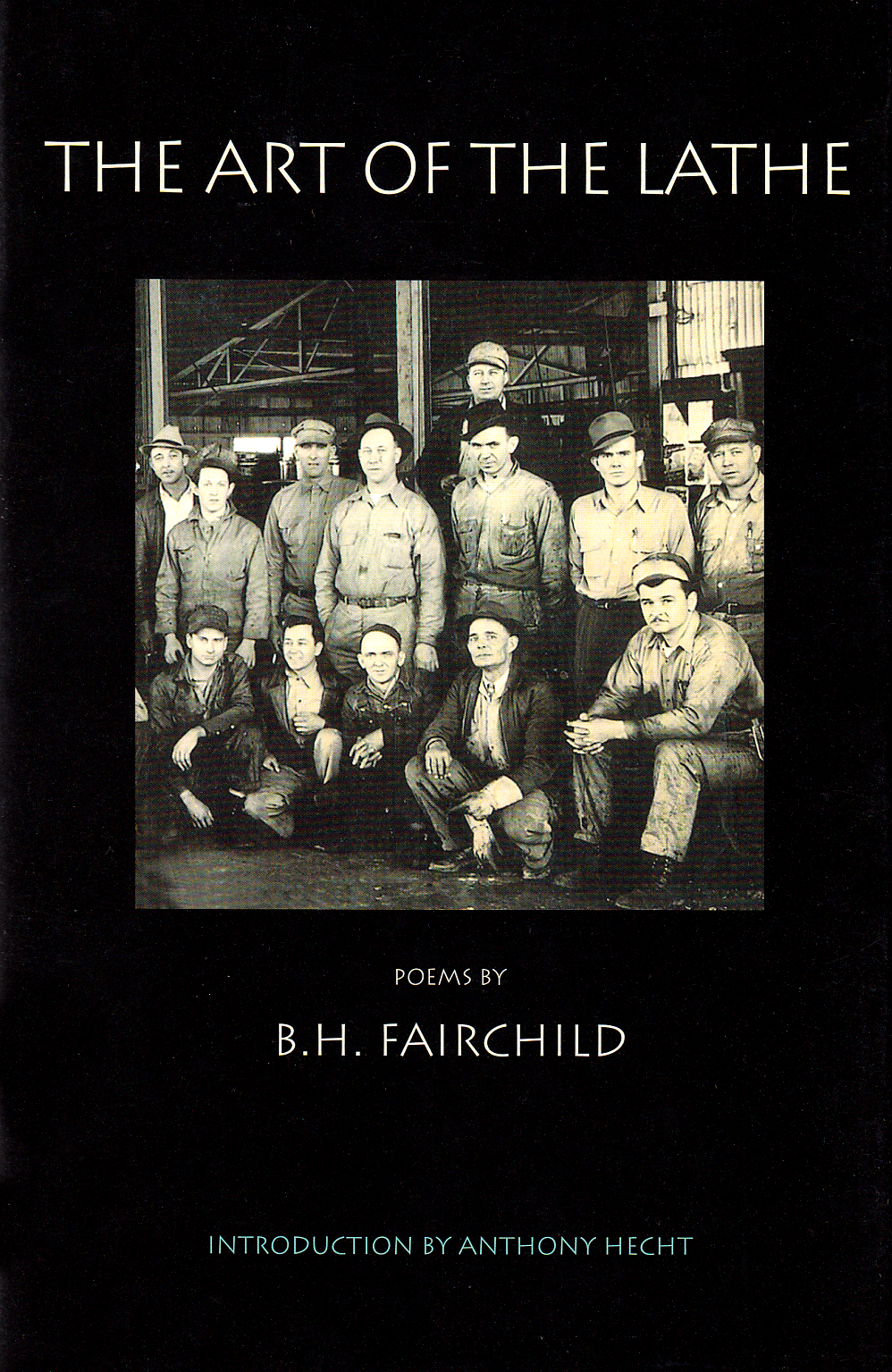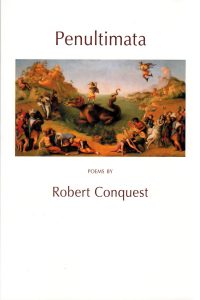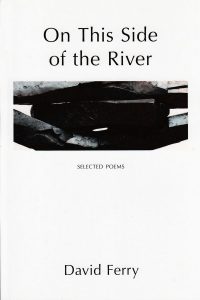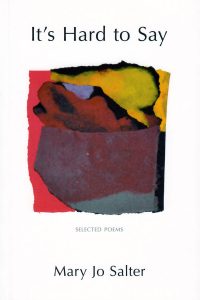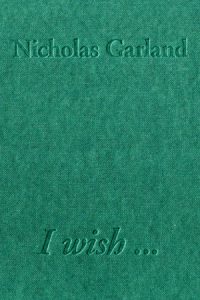The Art of the Lathe
£8.95
Introduction by Anthony Hecht B.H. Fairchild’s The Art of the Lathe is one of the most distinguished collections of verse to have appeared in recent years. Amongst the many awards and honours to have come its way are:
1999 William Carlos Williams Award
1999 Kingsley Tufts Poetry Award
1999 California Book Award
1999 Natalie Ornish Poetry Award
1999 PEN Center USA West Poetry Award
1998 National Book Award Finalist
1997 Beatrice Hawley Award
1996 Capricorn Poetry Award
In their citation, the judges of the National Book Award said: “B.H. Fairchild risks ugliness to find poetry – yet the ease with which these poems reveal the music in the earthbound cadence of factory life is thrilling and utterly convincing. The Art of the Lathe is a paean to the thwarted desires and ‘terrible beauty’ of laborers, a superbly nuanced meditation on those who have wrested, from the detritus of machine work and assembly line toil, the satisfaction of a 'small thing done well.' Time and again Fairchild demonstrates that there's no scintillation without grit.”
In 2002 Fairchild was awarded the Arthur Rense Poetry Prize by the American Academy of Arts and Letters – a prize recognizing “consistent excellence over a long career” – and the judges’ citation reads, in part, as follows: “The mysteries of the explicit, the angelic powers of information, the art in work, the layered, intricate craving for grace in American life – B.H. Fairchild has mastered these materials in an encompassing, meticulous poetry worthy of its place in the traditions of Whitman and Melville. Respectful, unsentimental, his The Art of the Lathe penetrates to the nexus of art and labor with an authority informed by grace.”
Out of stock
The Art of the Lathe
“Fairchild’s ability not only to choose a story but to pace it and to reveal its meaning through the unfolding of the narrative is probably unmatched in contemporary American poetry. The incisive psychology, the vividly descriptive diction, the large repertoire of vocabulary, the weightiness of his settings and plots: all these contribute to the delightful sensation that one is reading, simultaneously, the best poetry and best prose. I cannot think of another living poet capable of delivering such pleasure … Not since James Wright has there been a poet so skilled at representing the minds and imaginations of ordinary American working people.” — Kate Daniels, The Southern Review
“With elegance and restrained subtlety, Mr. Fairchild interweaves topics that become something like musical themes, including the central theme of machine work. . . .Anyone who can lay claim to the authorship of this much excellent poetry wins my unqualified and grateful admiration.” — Anthony Hecht (from the Introduction)
“B.H. Fairchild boldly plunders the territories of prose to expand the possibilities of contemporary verse. . . .These fluent poems are omnivorously intelligent. The reader never knows what will come next; but, as deeply psychological in their probings as a novel, they always cohere.” — Dana Gioia
“These remarkably textured, generous, haunting poems articulate the absence and longing that are created by experience and that in turn keep experience alive. Anyone who wishes to understand not only the contemporary American idiom but the reasons for that idiom will have to read B.H. Fairchild’s The Art of the Lathe.” — Wyatt Prunty
“James Joyce’s Stephen Dedalus spoke of forging the conscience of his race in the smithy of his soul; in the dusty light of a Kansas machine shop, B.H. Fairchild has performed similar magic.” — R.S. Gwynn
“B.H. Fairchild risks ugliness to find poetry — yet the ease with which these poems reveal the music in the earthbound cadence of factory life is thrilling and utterly convincing. The Art of the Lathe is a paean to the thwarted desires and ‘terrible beauty’ of laborers, a superbly nuanced meditation on those who have wrested, from the detritus of machine work and assembly line toil, the satisfaction of a ‘small thing done well.’ Time and again Fairchild demonstrates that there’s no scintillation without grit.” — the National Book Award Judges’ Citation
“The mysteries of the explicit, the angelic powers of information, the art in work, the layered, intricate craving for grace in American life — B.H. Fairchild has mastered these materials in an encompassing, meticulous poetry worthy of its place in the traditions of Whitman and Melville. Respectful, unsentimental, his The Art of the Lathe penetrates to the nexus of art and labor with an authority informed by grace.” — Citation, Arthur Rense Poetry Prize from the American Academy of Arts & Letters
Reviews of The Art of the Lathe
“In an American culture which has always ignored or disdained class issues, Fairchild and Philip Levine are the only contemporary poets . . . who take work and the working class as their subjects . . . Almost throwbacks, like Steinbeck novels or Walker Evans photographs, Fairchild’s poems recover an America from which we have always turned our backs.” — David C. Ward, PN Review

